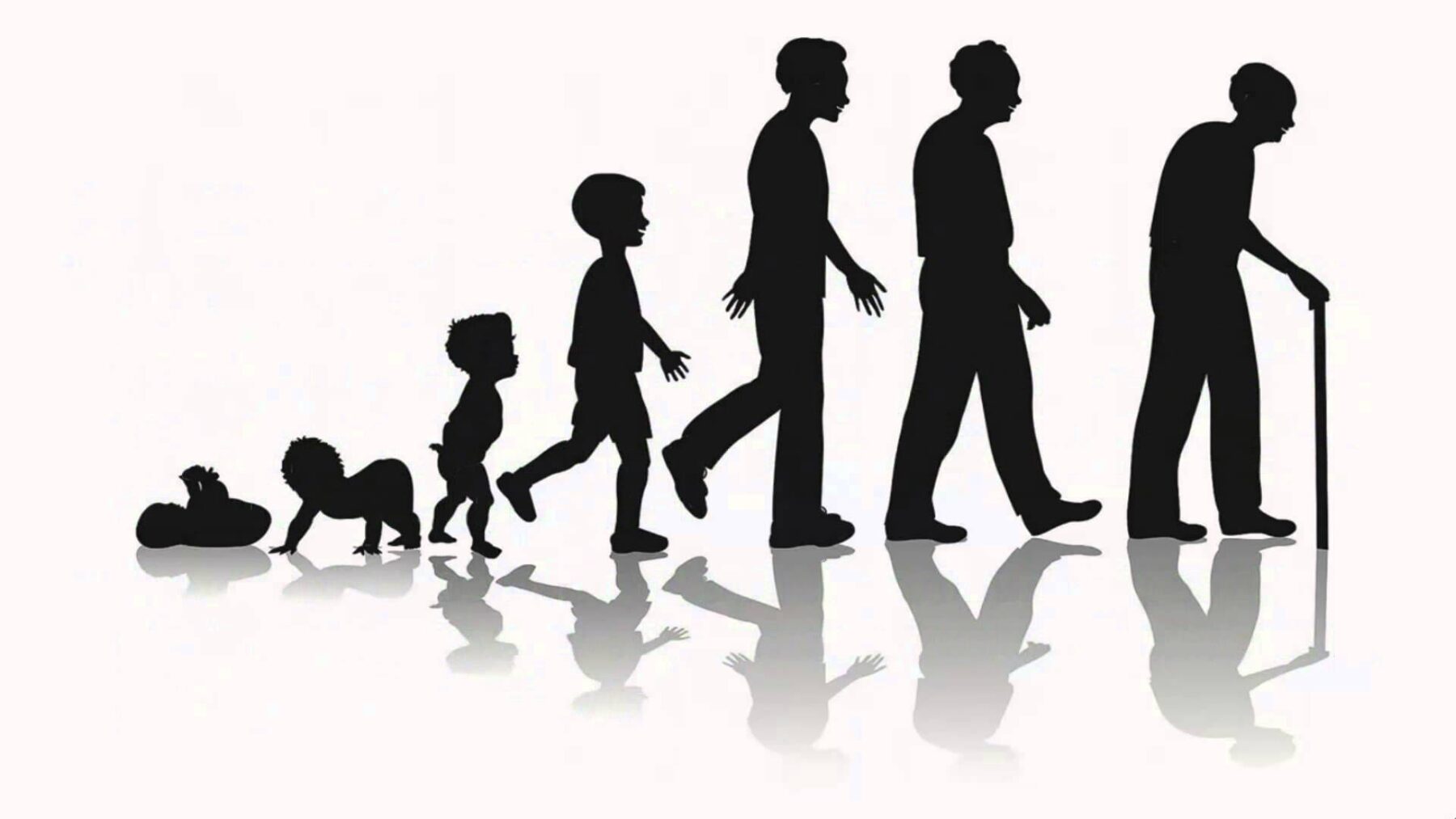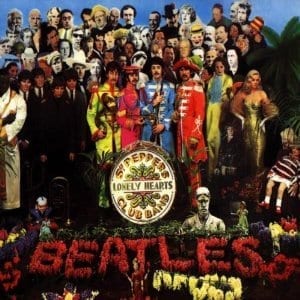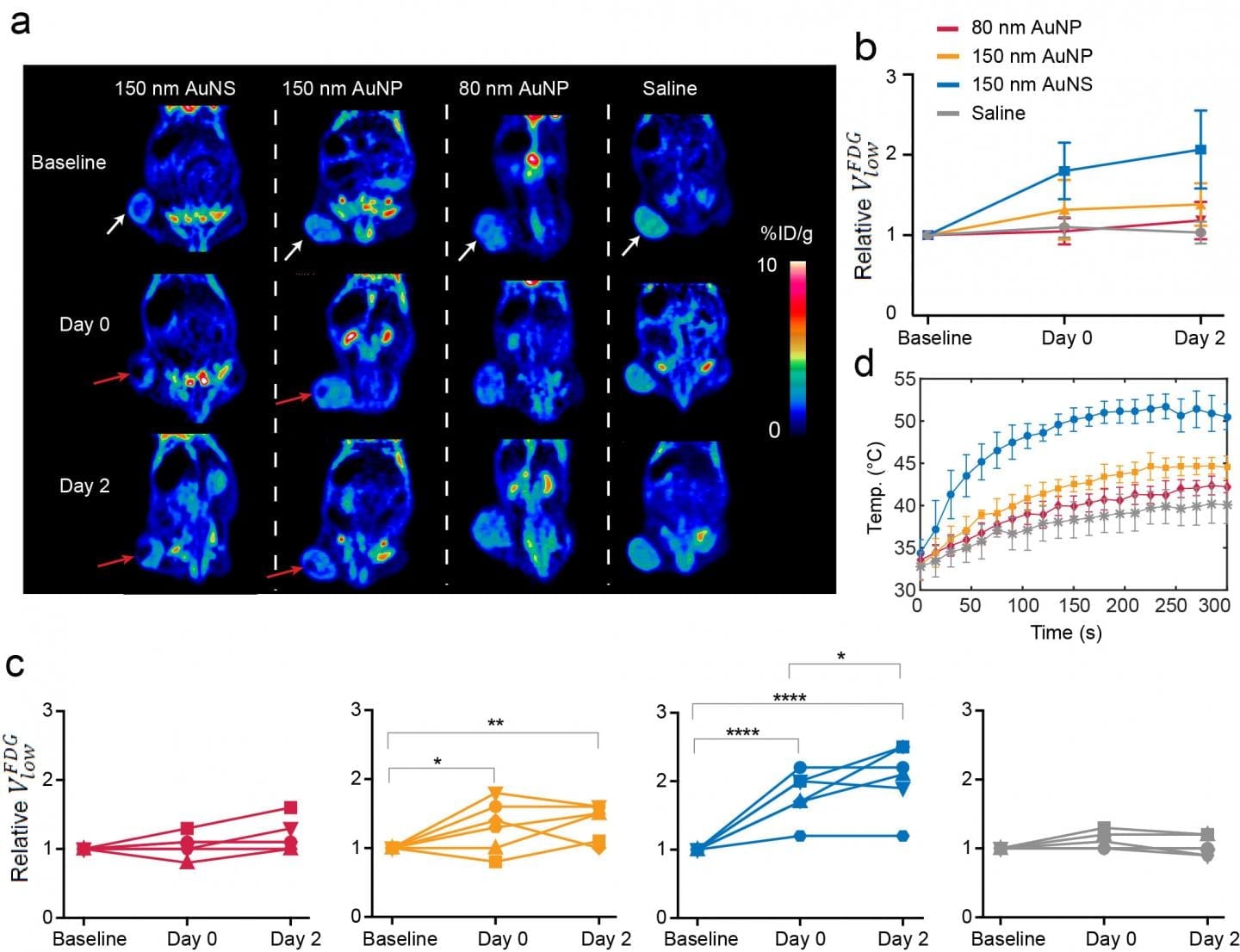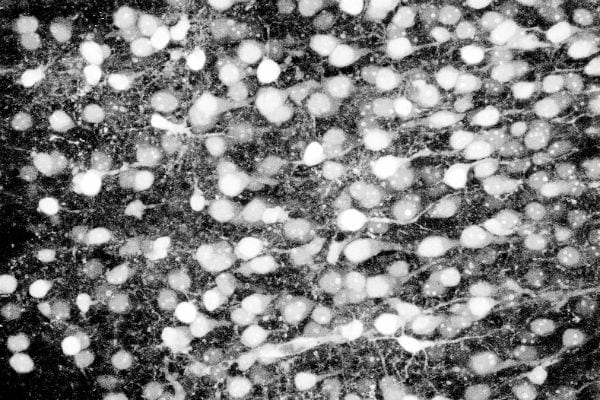
IMAGINE a world in which getting fitted with a new heart, liver or set of kidneys, all grown from your own body cells, was as commonplace as knee and hip replacements are now. Or one in which you celebrated your 94th birthday by running a marathon with your school friends. Imagine, in other words, a world in which ageing had been abolished.
That world is not yet on offer. But a semblance of it might be one day. Senescence, the general dwindling of prowess experienced by all as time takes its toll, is coming under scrutiny from doctors and biologists (see article). Suspending it is not yet on the cards. But slowing it probably is. Average lifespans have risen a lot over the past century, but that was thanks to better food, housing, public health and some medicines. The new increase would be brought about by specific anti-senescence drugs, some of which may already exist.
This, optimists claim, will extend life for many people to today’s ceiling of 120 or so. But it may be just the beginning. In the next phase not just average lifespans but maximum lifespans will rise. If a body part wears out, it will be repaired or replaced altogether. DNA will be optimised for long life. Add in anti-ageing drugs, and centenarians will become two a penny.
Man and superman
To this end, many hopeful repairmen are now setting up shop. Some of them want to upgrade worn-out tissues using stem cells (precursors to other sorts of cell). Such bio-renovation is the basis of an unproven, almost vampiric, treatment in vogue in some circles: transfusion into the old of the blood of the young (see article). The business of growing organs from scratch is also proceeding. At the moment, these “organoids” are small, imperfect and used mainly for drug testing. But that will surely change. Longevity is known to run in families, which suggests that particular varieties of genes prolong life. Some are investigating this, with the thought that modern gene-editing techniques might one day be used to make crucial, life-extending tweaks to the DNA of those who need them.
From an individual’s viewpoint, this all sounds very desirable. For society as a whole, though, it will have profound effects. Most of them will be good, but not all.
Learn more: Ageing: Cheating death
The Latest on: Longevity
[google_news title=”” keyword=”Longevity” num_posts=”10″ blurb_length=”0″ show_thumb=”left”]
via Google News
The Latest on: Longevity
- The longevity clinic of the future is hereon May 8, 2024 at 10:32 am
High-end longevity clinics are springing up from Singapore to Southern California. They aim to prevent diseases.
- UPDATE - Entrepreneur Greg Lindberg Publishes Audio Version of Latest Groundbreaking Book on Anti-Aging, Longevity and Leadershipon May 8, 2024 at 8:09 am
ORLANDO, Fla., May 08, 2024 (GLOBE NEWSWIRE) -- Greg Lindberg, entrepreneur, philanthropist, author, wellness advocate, and founder of Lifelong Labs, has released the audio version of his transformational anti-aging book titled “LIFELONG: Quantum Biology ...
via Bing News











